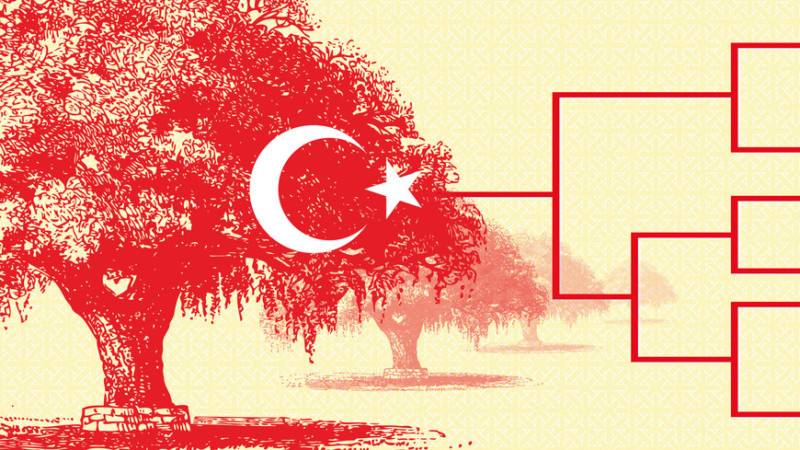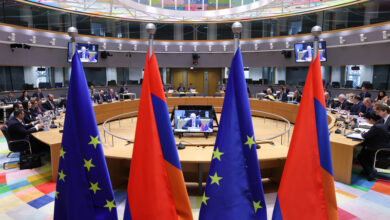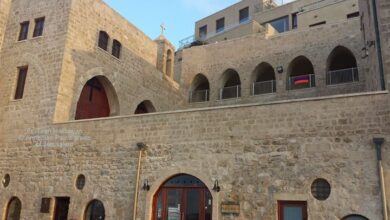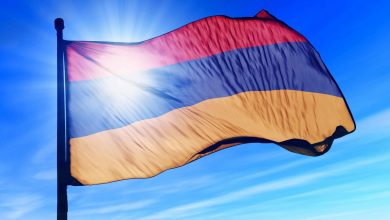Robert Fisk: Ancient ghosts climbed out of century-old graves to reassert their presence in Turkish history

Across the mountains of eastern Anatolia – and around the cities of Istanbul, Izmir, Erzurum, Van and Gaziantep and along the haunted death convoy routes to Syria, ancient ghosts climbed out of century-old graves to reassert their Armenian presence in Turkish history as the opening of population registers on an online genealogy database three weeks ago, Robert Fisk writes in an article published by The Independent.
“Only in Turkey is the identity of a citizen a matter of national security. That’s why the population registry in Ankara was until now a closed book, its details a state secret. Mustafa Kemal Ataturk’s definition of “Turkishness” was “anyone who is attached to the Turkish state as a citizen,” Fisk writes.
“For the stunned reaction of Turks to the sudden and unexpected opening of population registers on an online genealogy database three weeks ago was so immediate and so vast that the system crashed within hours. Rather a lot of Turks, it turned out, were actually Armenians – or part-Armenians – or even partly Greek or Jewish,” the article reads.
Until now, for at least two decades – at least before Sultan Erdogan’s post-coup autocracy – thousands of Turks spoke freely, albeit in private, about their ancestry. They knew that amid the mass slaughter and rape of the Armenians, many Christian families sought sanctuary in conversion to Islam, while tens of thousands of young Armenian women were given in marriage to Turkish or Kurdish Muslim men.
Their children grew up as Muslims and regarded themselves as Turks but often knew that they were half-Armenian. Tens of thousands of Armenian orphans were placed in Muslim schools, forced to speak Turkish and change their names. One of the largest schools was in Beirut, organized for a time by one of Turkey’s leading feminists who wrote of her experience and was later to die in America.
“Perhaps two million Turks have Armenian grandmothers. But they are supposed to believe that the genocide never happened,” the author concludes.








